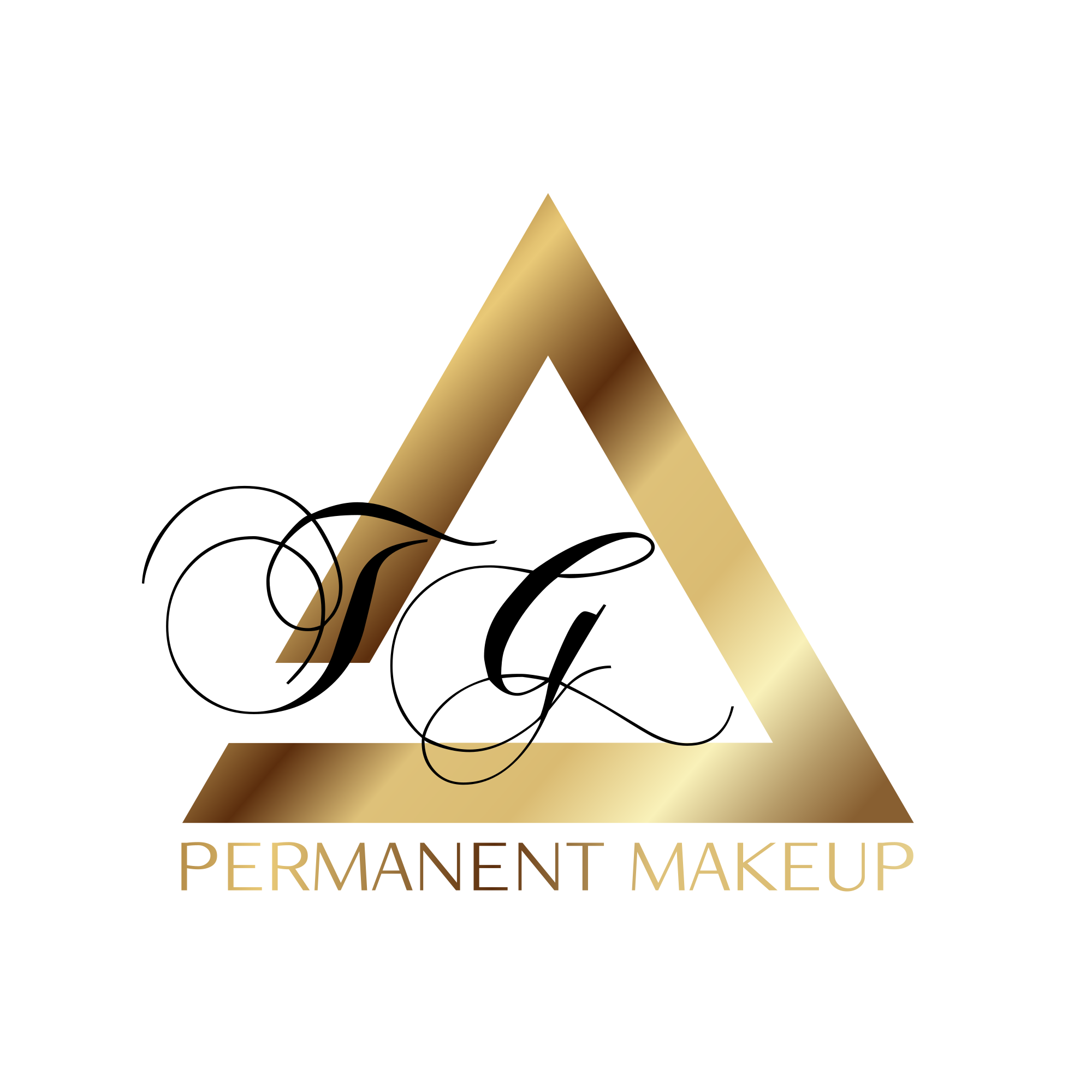What Every Client Should Know About Permanent Makeup In Arizona
- Permanent Makeup
- Nov 12, 2025
- 4 min read

⚖️ Licensing and Credentials for Permanent Makeup in Arizona
Arizona’s Lack of Permanent Makeup Regulation: What You Need to Know
Unlike most states, Arizona has virtually no state-level regulation or licensing requirements for permanent makeup artists. This is alarming — because permanent makeup is a form of tattooing, which means blood-borne pathogens can be present and spread if infection control procedures are not properly followed.
Without government oversight or a dedicated regulatory board, public safety is left at risk, and there are no standardized education or training requirements to protect clients.
No State Board or Oversight
In most states, permanent makeup falls under a governing body such as a State Board of Cosmetology or a Department of Health that enforces sanitation, infection control, and practitioner training standards.
In Arizona, however:
There is no state regulatory agency overseeing permanent makeup.
Most counties only require a basic business license to operate.
Some counties (like Maricopa or Pima) may require a health permit, but even that typically only involves completing a short blood-borne pathogen class — sometimes a generic online course that costs $5 and lasts 10 minutes.
There are no routine inspections, no testing, and no standardized educational requirements.
In other words, in Arizona, anyone can purchase equipment and pigments and begin offering permanent makeup services — even without formal training.
Why This Lack of Regulation Is Dangerous
Permanent makeup procedures involve needles, pigments, and skin penetration, which carry inherent health risks if not performed safely.
Without mandatory training, licensing, or inspection:
There’s no guarantee that infection control protocols are being followed.
Cross-contamination and disease transmission become very real risks.
There’s no system for clients to verify an artist’s education, report complaints, or review inspection records — unlike in other states.
For example, in Nevada, clients can publicly access an artist’s inspection history, complaints, or citations through the Southern Nevada Health District. That does not exist in Arizona.
How Clients Can Protect Themselves
Because Arizona lacks regulation, it’s up to you — the client — to research your permanent makeup artist carefully.
Here are three key things to look for when selecting an artist:
Proof of Training and Experience
Ask where they received their education and how many hours of hands-on training they’ve completed.
Look for verifiable credentials from reputable permanent makeup academies or organizations that employ SPCP approved trainers.
Work Portfolio
Review detailed before-and-after photos that clearly show their skill and consistency.
Professional Credentials (CPCP Certification)
Look for artists who hold the CPCP certification from the Society of Permanent Cosmetic Professionals (SPCP). Remember, ANYONE can be a member but only Professionals can sit for the CPCP exam.
This credential demonstrates that the artist has completed verified training, gained substantial experience, and passed a national board exam covering safety, anatomy, color theory, and technique.
You can confirm whether an artist holds CPCP credentials by visiting the SPCP website’s member directory.
The Importance of the CPCP Credential
The Society of Permanent Cosmetic Professionals (SPCP) has been setting industry standards for decades. Many states that have since implemented licensing programs began by adopting SPCP’s standards as the baseline.
In Arizona, where no licensing system currently exists, the CPCP certification is one of the only objective indicators of professionalism and competence.
Currently, only about five people in the entire state of Arizona hold this level of certification.
Leading by Example
As a board-certified permanent makeup artist, I chose to obtain my CPCP certification to demonstrate my commitment to safety, ethics, and ongoing education — especially because my Southern Nevada Health District license only applies in Nevada, where the regulations are far stricter.
I believe in raising the bar in Arizona by leading through example — and by encouraging other artists to seek legitimate education and credentials rather than doing the bare minimum. My presence requires other technicians to step up their game in order to compete.
For new technicians who do not yet qualify for full professional membership, the SPCP offers Affiliate Membership — a pathway designed to encourage education and gain Professional Membership which is required in order to sit for the board and get certified (CPCP).
A Personal Observation
I have personally witnessed unqualified technicians in Kingman AZ — some with less than one year of experience — offering training to others without real credentials or proper understanding of safety protocols. This is deeply concerning.
This is a disservice to hopeful students that are paying thousands of dollars in addition to the public.
Without oversight, anyone can market themselves as an “instructor,” creating a dangerous cycle of misinformation and poor practices.
The solution isn’t fear — it’s education and accountability. Until Arizona establishes a formal licensing system, the best protection clients and technicians have is through knowledge, transparency, and adherence to recognized professional standards.
Final Thoughts
If you’re a client seeking permanent makeup in Arizona:
Do your homework.
Look up SPCP CPCP credentials on the SPCP Directory.
Choose an artist who values safety and professionalism.
If you’re an artist:
Hold yourself to higher standards than what’s legally required. (not hard in Arizona because there are no requirements)
Pursue certifications like the CPCP and proper, accredited education.
Lead the way toward making Arizona a safer, more reputable place for permanent makeup.







Comments